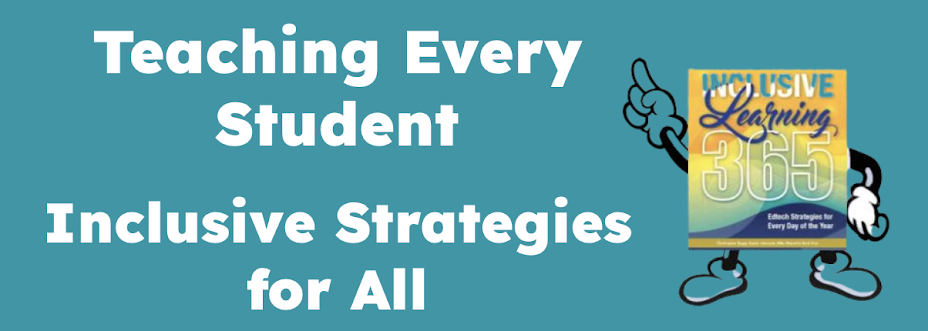I'm not sure where the practice to grade students on class participation originated. But it seems a common and accepted practice in many classrooms. For some students, it's a way to improve that 89% to an A-. Other students aren't so fortunate.
Have you considered the reasons why students do not participate? It's not necessarily because they don't have an opinion or know the material. Instead, it could be due to fear of humiliation, social anxiety, need for more time to process and produce, expressive language issues, shyness. But is the "raise your hand, get called on by the teacher" the only way to participate in class discussions?
Not in 2009.
What are the options?In class options if you have a laptop or netbook cart, or are in a computer lab:
- EtherPad - synchronous collaborative word processing, the ability to use the TimeSlider tool allows students to see how the document evolved
- Wallwisher - synchronous collaborative "wall" creation - limited to 160 characters of text, can generate several Walls in response to prompts. Need to refresh to see inputted text.
- Google Forms and Survey Monkey - Students answer questions or prompts, no limit to the amount of text or the number of students who can participate synchronously. Need to refresh to see inputted text.
- Back Channel Tools - TodaysMeet (read how Richard Byrne used it with his students while they watched a historical movie), Cover it Live and Chatzy. You can consider occasionally recording your instruction using UStream or Livestream. Then encourage students to use the back channel to ask questions, participate in discussion. Ustream and Livestream are bandwidth hogs; you may choose to try this to determine it's effectiveness as an alternative to traditional hand raising. (If you want to learn about BackChanneling as an educational tool, view the embedded SlideShare below, created by Vicki Davis).
- Twitter - use a specific #hashtag
After class options:
- Class Blog
- Class Wiki - can tract student's participation using the "history" feature
- Class Google Doc
- Create audio messages and share with class - Vocaroo (simplest audio recording tool ever),
- Create video messages and share - Tokbox, or Eyejot
- Create collaborative VoiceThreads - one idea is to offer a discussion prompt and have students record their responses. They can type, text message or record their responses.
An innovative example of how this can work is the
Alice Project, a creation of Christian Long, 10th grade English teacher who used new media tools to extend learning as his students studied Alice in Wonderland by Lewis Carroll. Class participation extended well beyond the four walls of the classroom.

